It looks like nothing was found at this location. Maybe try one of the links below?

An underdiagnosed condition in patients with cancer
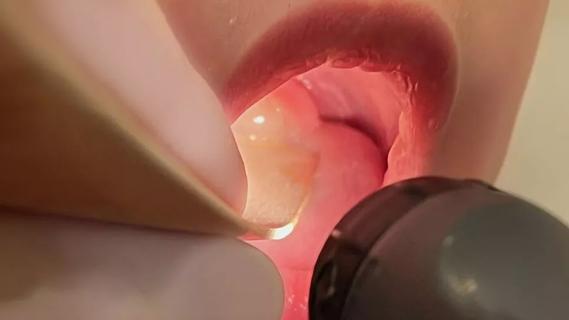
Prompt surgery was necessary when symptoms drastically increased
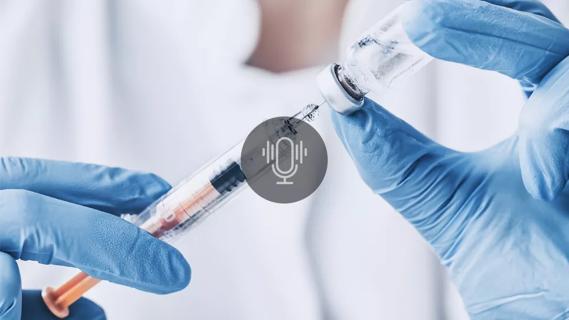
Determining the right dose and injecting in the right muscle can be challenging
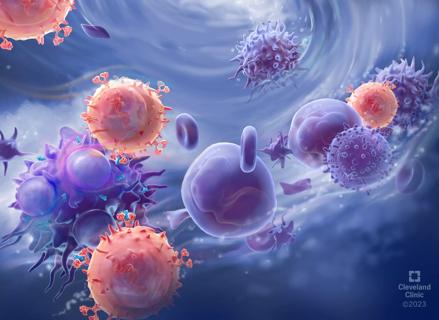
Advancements lead to a new trial involving autoimmune disease
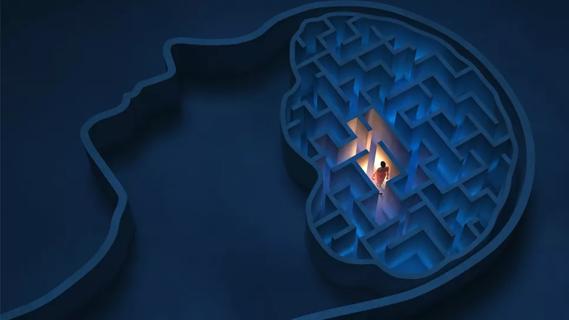
Consultation service provides comprehensive care to patients with anxiety, PTSD, schizophrenia, and other high-risk disorders
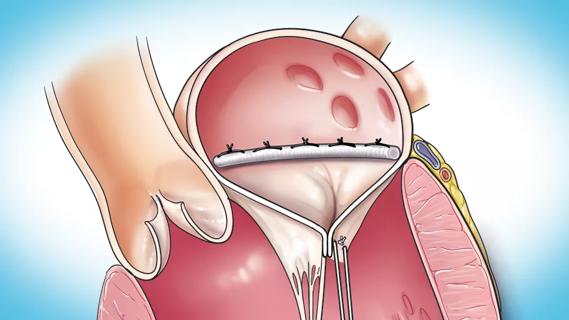
Cleveland Clinic series supports re-repair as a favored option regardless of failure timing
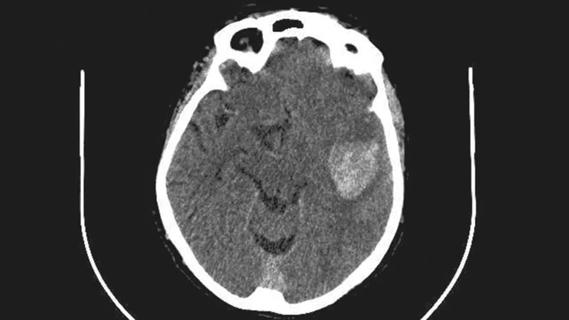
ENRICH trial marks a likely new era in ICH management
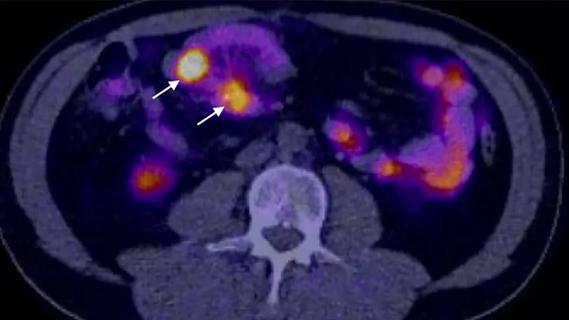
Study demonstrates superior visualization of occult primary lesions

Unpacking advancements and identifying drivers of inequity

Cleveland Clinic study points to need for new strategies to curb addiction relapse

Cleveland Clinic’s Executive CNO reflects on the image of nursing, aspirations for nurse leaders and more

Tech-assisted self-selection concurred with clinician-assessed eligibility in >90% of cases